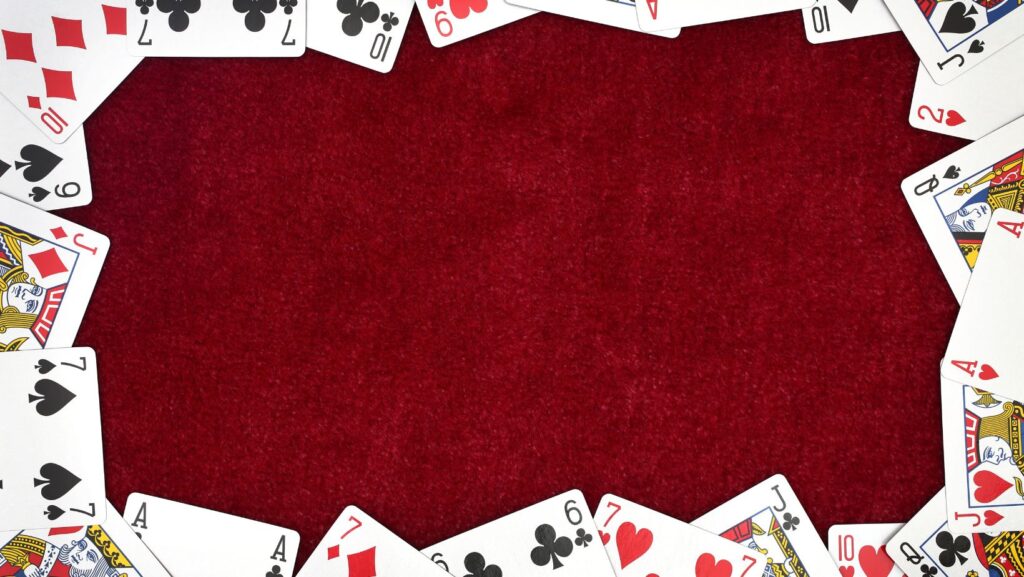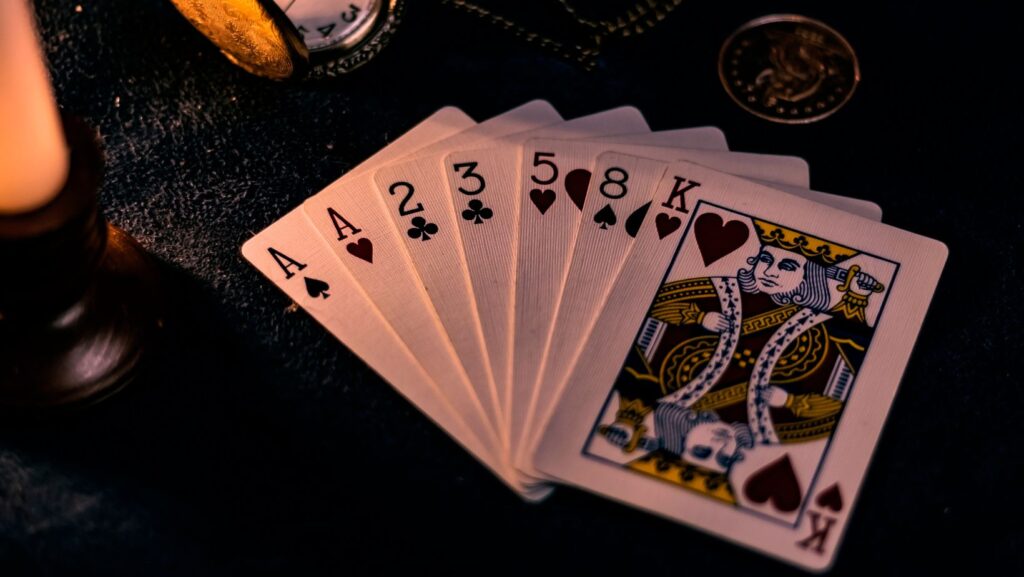Solitaire is one of those games that can sneak up on you. You start out thinking, “I’ll just play one quick round,” and before you know it, the sun has gone down, dinner’s cold, and you’ve promised yourself just one more game about ten times already. If you’ve been there, you’re not alone. The simplicity of the game combined with that satisfying feeling of winning makes it incredibly easy to lose track of time. And when it tips into what feels like an endless cycle of card-flipping, you might even start wondering if you’re dealing with something like Addiction solitaire.
Solitaire isn’t bad. In fact, it’s relaxing, a mental break, even a little rewarding. But when it becomes too consuming, it starts interfering with work, social life, or your ability to shut the laptop and go to sleep. If this sounds familiar, don’t beat yourself up. Lots of people wrestle with this balance. The good news is that you can enjoy solitaire without letting it rule your schedule. Here are three tips that will help you balance the fun.
1. Set Boundaries Before You Start Playing
This one sounds obvious, but it’s surprisingly effective: decide before you open the game how much time you’re willing to give it. Think of it like setting a timer for cooking. You wouldn’t leave pasta boiling without a reminder, so why let your solitaire session run endlessly without one?
Maybe you decide, “Okay, I’ll play for 20 minutes.” That’s long enough to enjoy a few rounds, get that sense of satisfaction, but not so long that you lose your evening. A physical timer works wonders because it snaps you out of the trance when it goes off. Phone alarms are good too, but don’t ignore them. If you catch yourself saying, “just one more round” when the timer rings, that’s exactly the slippery slope you’re trying to avoid.
2. Notice the Patterns in Your Play
Here’s a question to ask yourself: When do you usually end up playing solitaire? Is it late at night when you can’t sleep? Is it during boring work meetings? Or maybe it’s when you’re stressed and just need an escape. Understanding these patterns is huge because it shows you the role solitaire is playing in your life.
For example, if you’re always reaching for the game when you’re anxious, it’s not for entertainment but for self-soothing. That doesn’t mean it’s bad, but it does mean you might be leaning on it a little too heavily. Once you notice these patterns, you can start to address the real need behind them. Maybe what you want is relaxation, in which case a quick walk or even deep breathing could give you the same relief without the time sink.
3. Mix Solitaire with Other Activities
This one might sound counterintuitive. If you love solitaire, why dilute it with other things? But here’s the deal: variety can help you appreciate the game more. When solitaire is your only go-to, it’s easy to slip into overuse. But if it’s one option among many—like reading, listening to music, or even calling a friend—it naturally finds its place without taking over.

One simple trick is to use solitaire as a reward rather than a default. Finish a work task, fold the laundry, or even complete a workout, then play a couple of rounds as a treat. That way, it becomes something to look forward to rather than a habit you fall into without thinking.
Wrapping Up
Balancing fun and addiction in solitaire doesn’t mean you give up on the game. It means you should play with intention and not compulsion. Remember, solitaire should be the spice in your day, not the whole meal. It’s a way to relax, to sharpen your mind, and to take a break.



